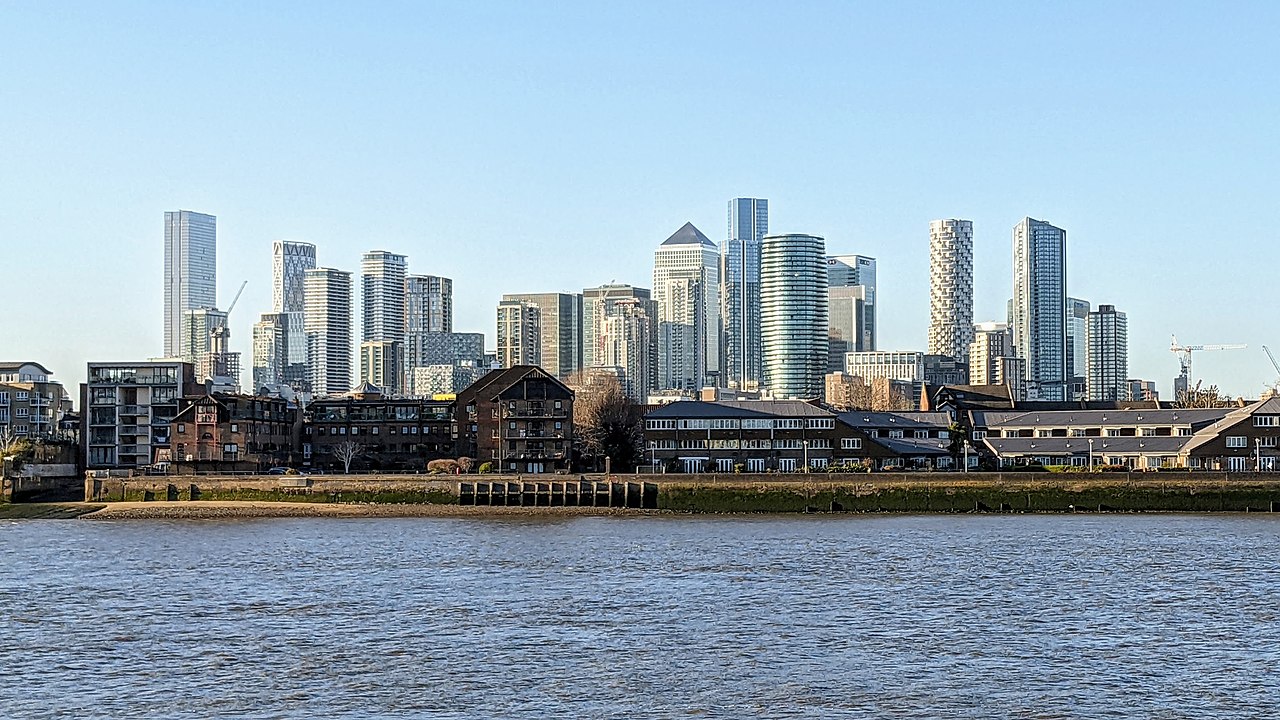League tables make for good campaign tools. News of the UK sinking down Transparency International’s annual Corruption Perception Index has triggered a bounty of headlines that shine a light on some of the more nefarious inner workings of the British state. This is, of course, a good thing.
Some of those nefariousnesses pointed to by Transparency International are things uncovered by my colleagues here at openDemocracy, and we’re pleased all that hard work has been noticed.
But such league tables come with risks, too.
Perhaps the first is that they split the countries of the world into separate players, and help hide the fact that corruption isn’t a cluster of individual happenings. It’s a team sport, an international process of enrichment and impoverishment.
Under this process, the global super-rich use their power to extract wealth from the world’s poorer countries, and then store that wealth in richer countries. They use their might to destabilise and undermine political systems in the global south, then store the money they make under the protection of the relatively stable political systems in the global north.
The risk with league tables is, as journalist Oliver Bullough puts it, that you end up calling “poor countries who are looted by kleptocrats corrupt,” while rating highly “the rich countries that host the kleptocrats’ money”.
Positions in the rankings are based on surveys of “experts and business executives,” and the second problem is that there are serious questions about what sorts of things are perceived by these people as ‘corruption’ and what is just treated as normal business or politics.
Pay $100 to a Kenyan police officer so they turn a blind eye, and you’re corrupt. Pay $100,000 to a US senator’s re-election campaign, so they ensure legislation turns a blind eye, and that’s ‘just how things work’. Lowly public officials doling out jobs to their nephews is corruption. The prime minister handing out peerages to his mates is normal. And don’t even mention the Queen getting to hand the sovereignty of the nation – and the vast wealth that comes with it – to her oldest son.
And that takes us to the third problem. The very word ‘corruption’ implies deviance from a system that is in some way right and proper. But what if that system itself is the problem? What if the issue isn’t that a few miscreants corrupt a process which is designed to be just and honest, but that they are the system?
If kleptocracy is a global process which spans both the rich world (further enriching it) and the poor world (further impoverishing it), then it’s true that it doesn’t fall evenly in either of those categories. And there is one particular jurisdiction that is particularly known for harbouring corruptly gained wealth.
I’m talking, of course, about Britain.
British territories like the Cayman Islands, the British Virgin Islands, Bermuda and Gibraltar; British dependencies like Guernsey, Jersey, and Man; and the City of London itself are, more often than anywhere else, the lair to which kleptocratic dragons return with the wealth.
While most of the headlines about the Panama papers, the Paradise papers and the Pandora papers were about corrupt figures from the global south, most of the companies listed in them were registered in British territories.
It’s not just a fluke of history that the British state has ended up using its diplomatic and legal might to act as protector to most of the smuggling holes, pirates coves and secret stashes on the planet.
Unlike almost anywhere else on earth, Britain doesn’t have a codified constitution to describe how the sovereignty of its state can be applied. Instead, it’s left to the ruling class to make it up as they go along: a flexibility of which they have long taken full advantage. Over the last century or so, as Britain retreated from most of its land empire, its wealthy elites took full advantage of this laxity, and carved jurisdictions for themselves beyond the sorts of laws the rest of us are supposed to follow.
Transparency International’s corruption index does something important. It tells us what a certain kind of powerful person perceives; that Britain’s reputation is falling even among elites. But once we understand that kleptocracy is a process at the heart of the modern global economy, we see that Britain is a lot worse than it seems at first.
Teaser photo credit: Canary Wharf viewed from the Greenwich riverside, near the Cutty SarkBy The wub – Own work, CC BY-SA 4.0, https://commons.wikimedia.org/w/index.php?curid=116221984





